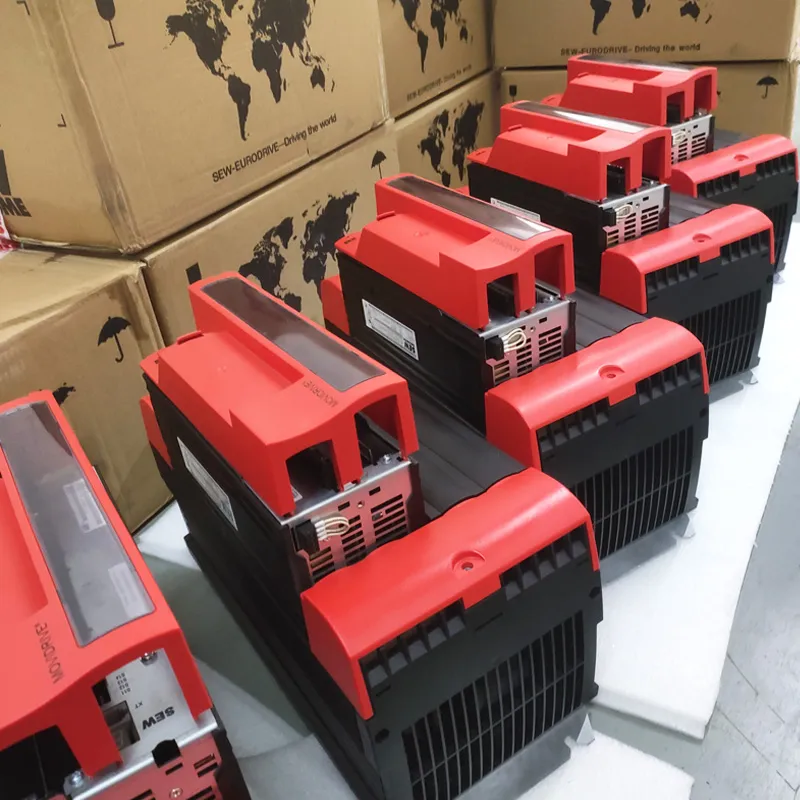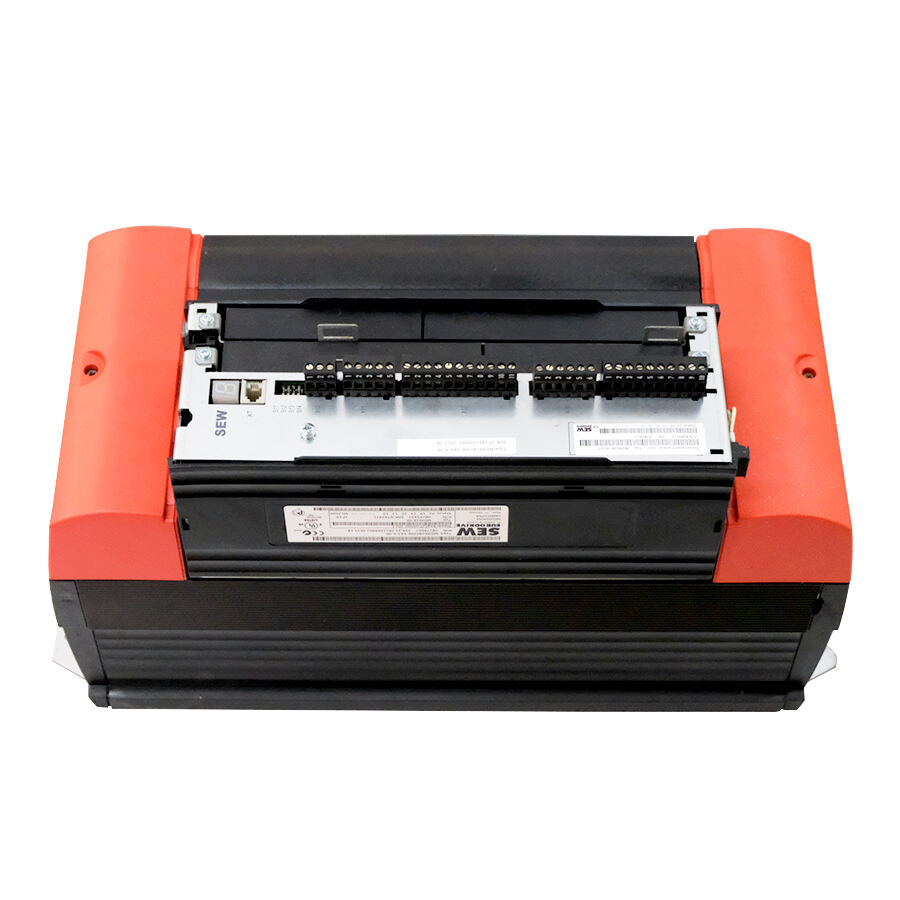programmable logic controller
A Programmable Logic Controller (PLC) is a specialized industrial computer system designed to automate manufacturing processes and control machinery. This robust digital device processes input signals from various sensors and switches, executes pre-programmed instructions, and generates output signals to control actuators, motors, and other industrial equipment. PLCs feature modular architecture, consisting of a central processing unit, input/output modules, power supply, and communication interfaces. They excel in harsh industrial environments due to their rugged construction and reliable performance. The programming of PLCs typically uses ladder logic, a graphical programming language that resembles electrical circuit diagrams, making it accessible to maintenance technicians and engineers. These controllers can handle multiple tasks simultaneously, from simple relay replacement to complex process control, and can be integrated with other industrial automation systems through various communication protocols. PLCs offer extensive diagnostic capabilities, allowing operators to quickly identify and resolve issues in the production process. They support both digital and analog signals, enabling precise control of various industrial parameters such as temperature, pressure, and speed. Modern PLCs also feature advanced functions like PID control, data logging, and network connectivity, making them essential components in smart manufacturing and Industry 4.0 applications.

